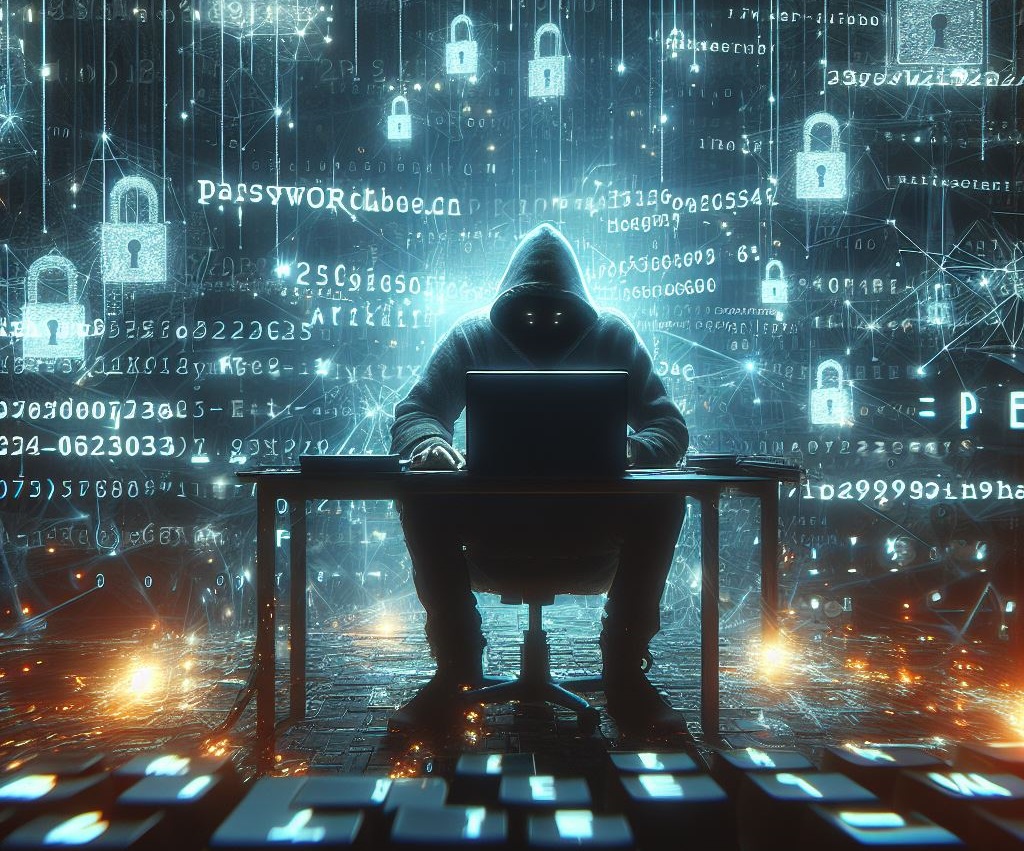According to Harry, these are the five least suspected places that a cyberattack could end up originating from:
Your favorite website
Browsing popular websites is a great way to pass the time, but you should steer clear of any tempting ads that you end up seeing while you’re there. With all of that having been said and now out of the way, it is important to note that clicking on these ads might make you fall prey to something called malvertising, so it’s best to avoid interacting with them.Flash drives
It’s quite common to get handed a free flash drive at a convention of some sort. It bears mentioning that these drives can contain malware, which is why you should never use hardware that you got from an untrustworthy source.Personal printers
Owning a printer can be useful, but on the off chance that you get a notification asking you to download an update, you should never ignore it. These notifications are sent by the company whenever there is a security threat, although you should make sure that the source is legitimate.People you know
You’d never expect a loved one to scam you, which is exactly what makes deepfakes and voice cloning so dangerous. In a nutshell, a malicious actor might pose as someone you know to ask for money, or to get you to give up your account details or password.Image: Digital Information World - AIgen
Read next: Survey: 80% of Consumers Prefer Free Services, Apps And Digital Content, Willing to Share Data for Ad-Based Access
by Zia Muhammad via Digital Information World

No comments:
Post a Comment